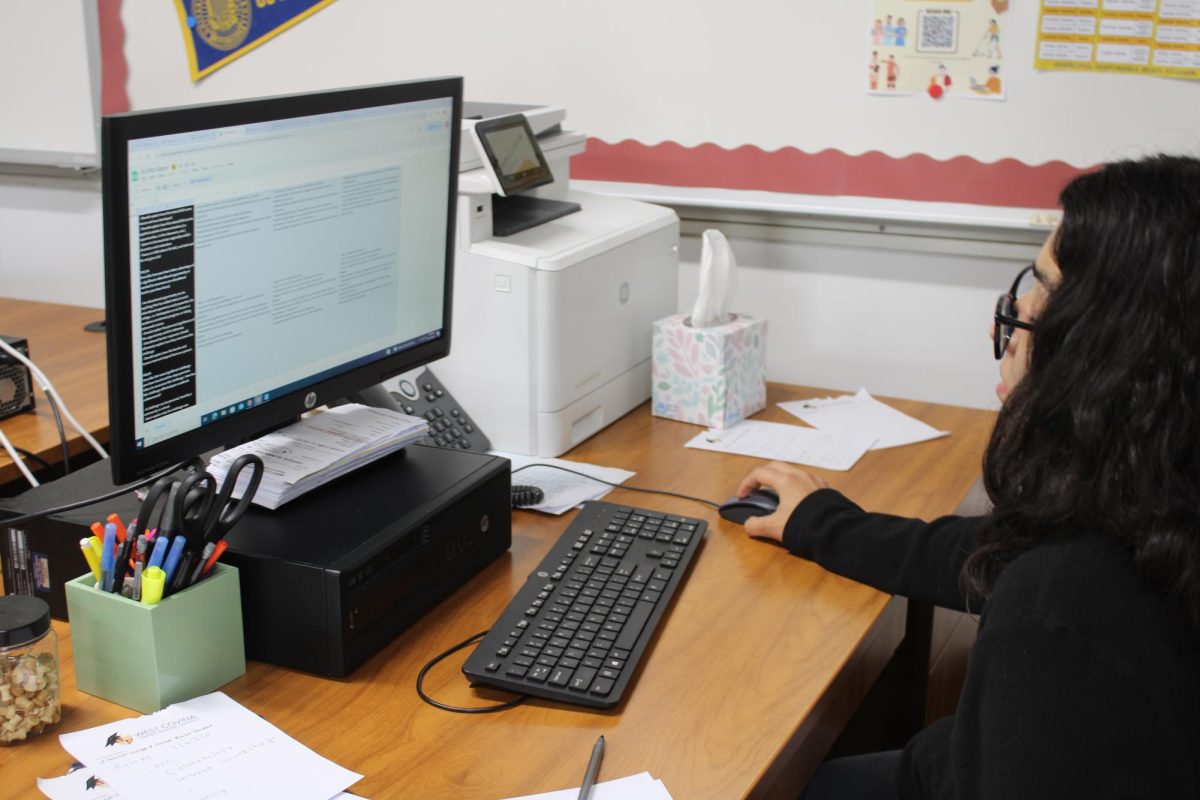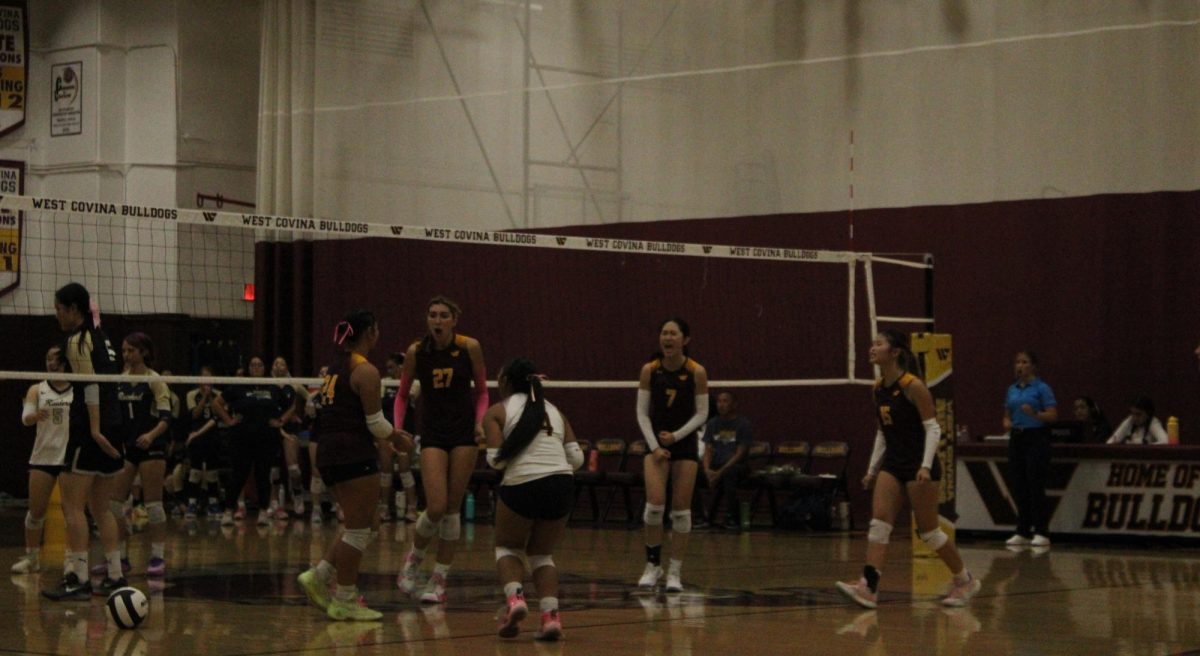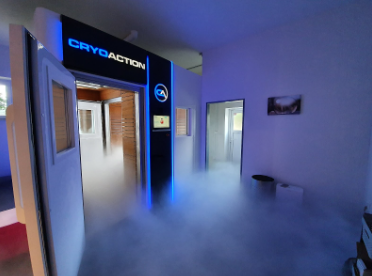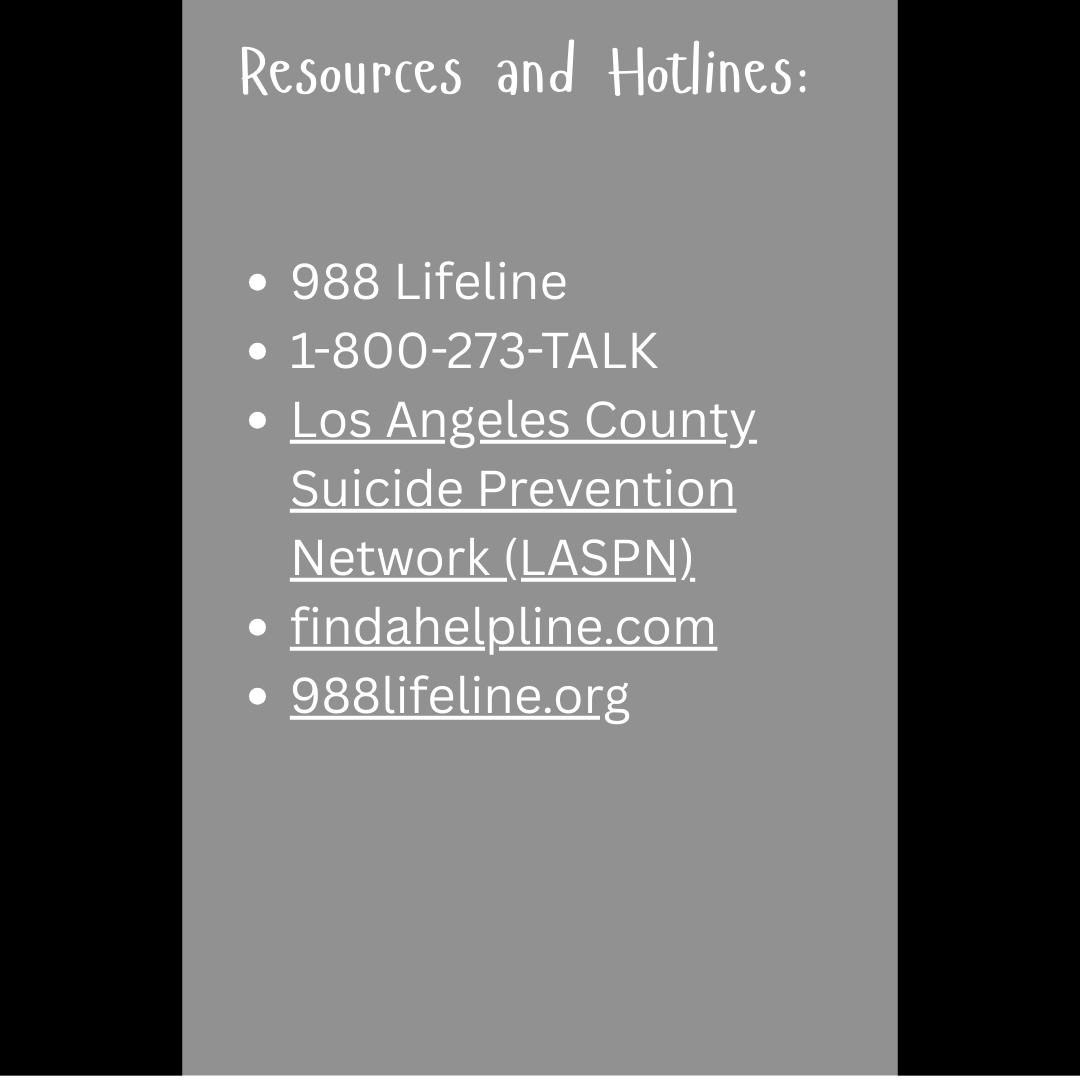There are places on campus where students can obtain food during school days, such as the cafeteria, which offers breakfast, lunch, and dinner options like beef burgers, chicken sandwiches and cheese burritos. Yet, some students still choose to purchase snacks from their peers. Though selling snacks on campus may lead to disciplinary action if students are caught, they continue to do so.
Per the California Department of Education (CDE), which provides leadership and oversight for California schools, stated in Competitive Foods and Beverages that only under certain conditions can food be sold.
The policy states, “If the foods and/or beverages are noncompliant according to EC, sections 49430, 49431, 49431.2, and 49431.5, the student must collect the foods or beverages off the school campus or one-half hour after the end of the school day if on the school campus, or an adult may collect the foods or beverages if on the school campus.”
Noncompliant food items include when a student sells a candy bar or bag of chips to other students on campus during the school day. These are prohibited as they do not qualify as being healthy according to said policies.

(Ruth Hernandez.)
However, West Covina Unified School District does not outright ban the sale of snacks on campus.
The policy states that “The Governing Board may permit food sales by student or adult entities or organizations provided that these sales are in compliance with state and federal regulations so as to ensure optimum student participation in the school food service program. Such food sales shall not impair the food service’s ability to be financially sound.”
This policy could be interpreted as allowing students to sell food as long as it doesn’t violate health regulations like cross-contamination with other foods or chemicals, storing food that needs refrigeration improperly or mislabeling what the product is, along with it not affecting the sales from food services from the cafeteria.
In this year’s Student Handbook, there is no exact mention of whether or not students are allowed to sell snacks to their peers during the school day. The only mentions of selling items is in regards to club fundraisers, the ASB student store or when selling illicit substances such as drugs or vapes. Besides that, there are no clear rules against selling snacks on campus.
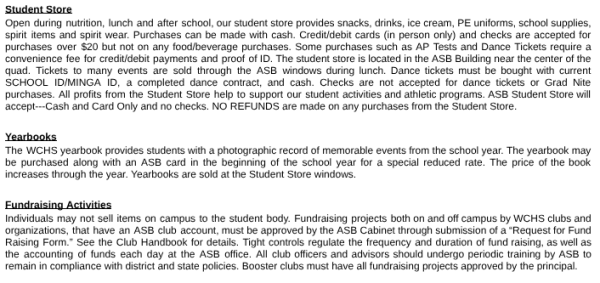
(Ruth Hernandez)
Thus, students who check the handbook for rules against selling snacks would not find them. The assumption that they would check the state level laws is not realistic as the average student would rely on the school to provide that information.
Principal Charles Park was not the one who wrote the student handbook so while the rule is not found in the handbook, it is still enforced.
“I think that the other student who was doing that didn’t get direct consequences, but we met with them, talked to them, called home and he stopped. But if he consistently does it, I mean, it could end up where you get an alternative to suspension. It’s very possible,” Park said.
A student who sells snacks, but wishes to remain anonymous, commented on the reason why students go out of their way to buy snacks from them.
“Me personally, I have products that they don’t sell here. I bring my products from Mexico and all my products are international. They’re not sold here, and you won’t find it for cheap and I sell them for a good price. So that’s what leads people to buy from me,” the student said.
In another case, junior Joshua Felix was caught twice selling chips and candy and was told that if he continued, he would face either suspension or expulsion for his acts.
“I’ve gotten caught two times already. The first time was just a verbal warning. And then the second one was, they called me up, talked to me, and everything that they said, all right, you can choose between one or two weeks of after-school detention, or Saturday school. On the third time that I get caught, I will get suspended for expulsion,” Felix said.
Regardless of the consequences, Felix continues to sell and expresses that he believes it shouldn’t be against the rules. However, it was apparent that the warning to Felix was above what most punishments have been.
“Expelled, no. Maybe not even a suspension. You would get an ATS at most. ATS is different than a suspension. Alternative suspension. You go to Coronado, you’re not here, but you’re there for two days or so. But it’s an alternate suspension because it doesn’t go on your exact record,” Park said.
The administrator who disciplined Felix could not be reached for comment.



